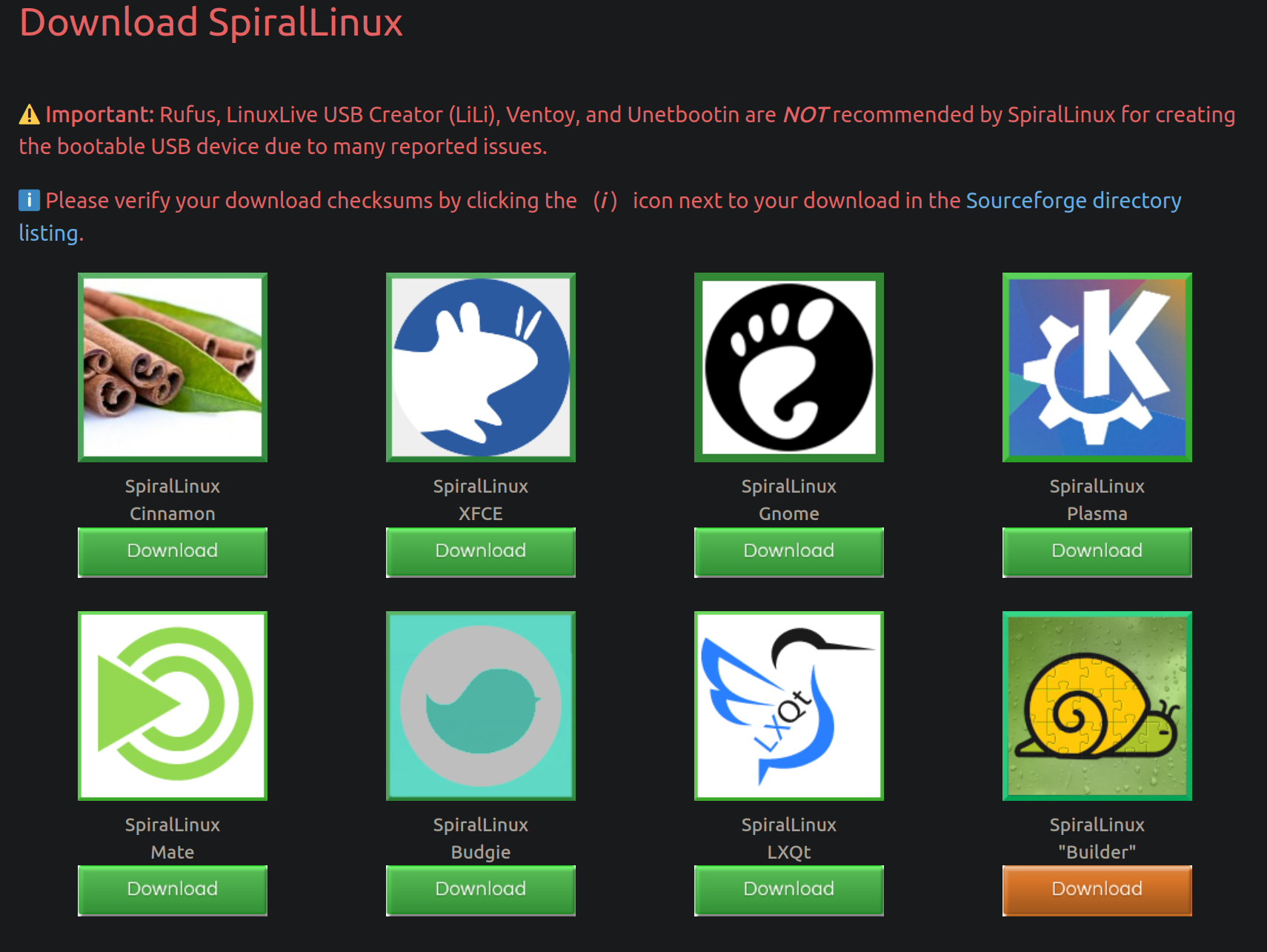this post was submitted on 08 Oct 2023
142 points (96.7% liked)
Linux
50872 readers
1568 users here now
From Wikipedia, the free encyclopedia
Linux is a family of open source Unix-like operating systems based on the Linux kernel, an operating system kernel first released on September 17, 1991 by Linus Torvalds. Linux is typically packaged in a Linux distribution (or distro for short).
Distributions include the Linux kernel and supporting system software and libraries, many of which are provided by the GNU Project. Many Linux distributions use the word "Linux" in their name, but the Free Software Foundation uses the name GNU/Linux to emphasize the importance of GNU software, causing some controversy.
Rules
- Posts must be relevant to operating systems running the Linux kernel. GNU/Linux or otherwise.
- No misinformation
- No NSFW content
- No hate speech, bigotry, etc
Related Communities
Community icon by Alpár-Etele Méder, licensed under CC BY 3.0
founded 5 years ago
MODERATORS
you are viewing a single comment's thread
view the rest of the comments
view the rest of the comments

That's not right. Debian/suse are no less out of the box user friendly than Arch - not counting endeavouros/Manjaro, they're more friendly.
Arch still needs extra setup and configuration after install. Endeavouros makes it a bit simpler, but there's still configuration (and ricing) invoice. Auto-discovery of printers (cups, avahi), graphical configuration tools out of the box, user permissions/group membership setup out of the box in a way that new users (or even power users) can just set things up graphically... all of that needs extra work.
That's the extra configuration that this is providing.
I was saying that there are many Arch-based distros that are essentially Arch (down to the repos sometimes), but with a (graphical) installer and rice, and that Spiral Linux seems like exactly that but replace Arch with Debian.
I see, you're right from that perspective.
For this 'distro', I like the emphasis the maintainer put on out of the box usability, including proprietary codecs, extra repositories that are not enabled/added by default, but widely used, flatpak setup out of the box, printer permissions relaxing etc.